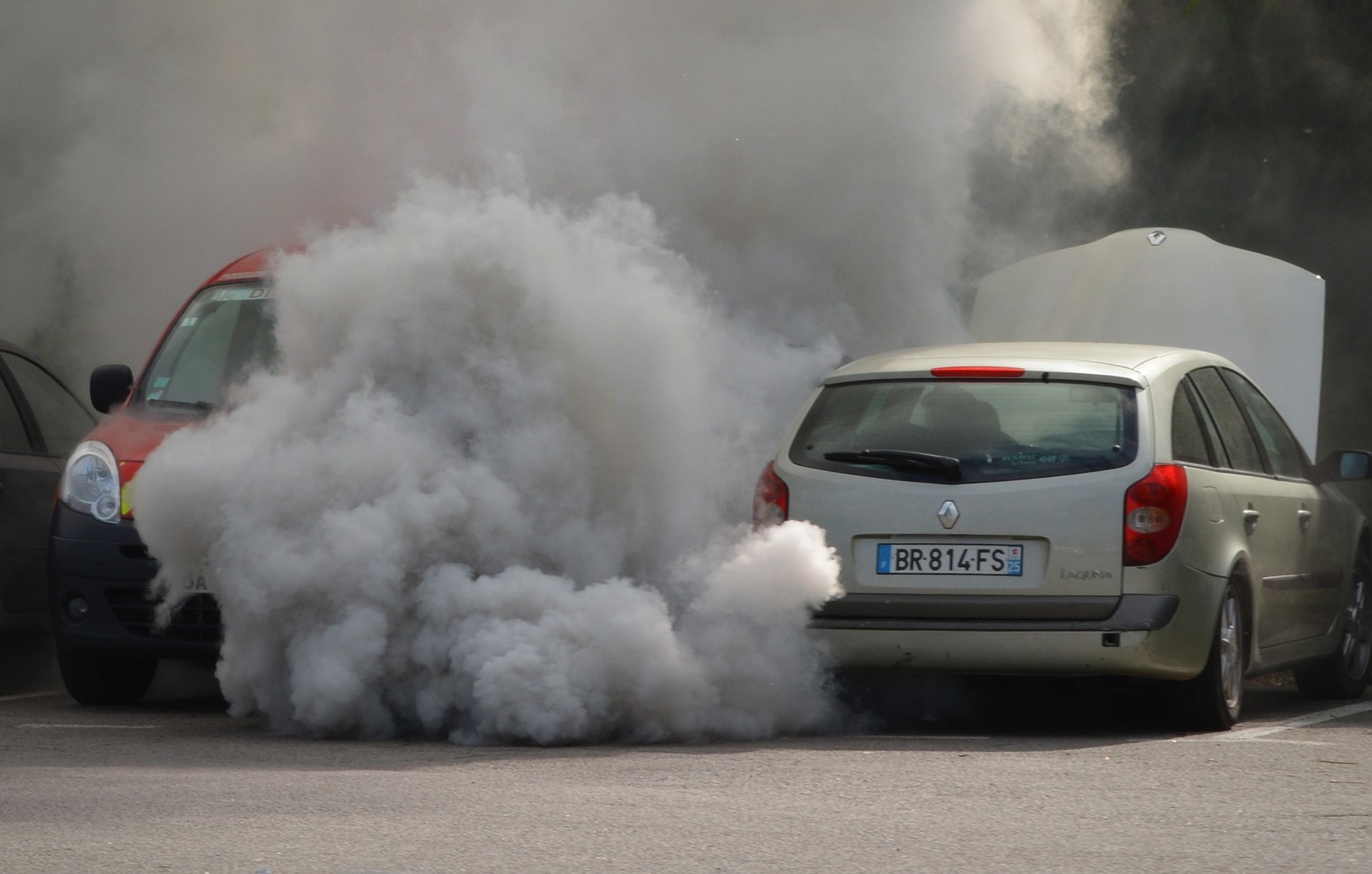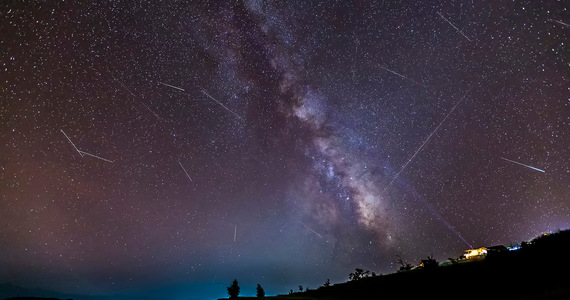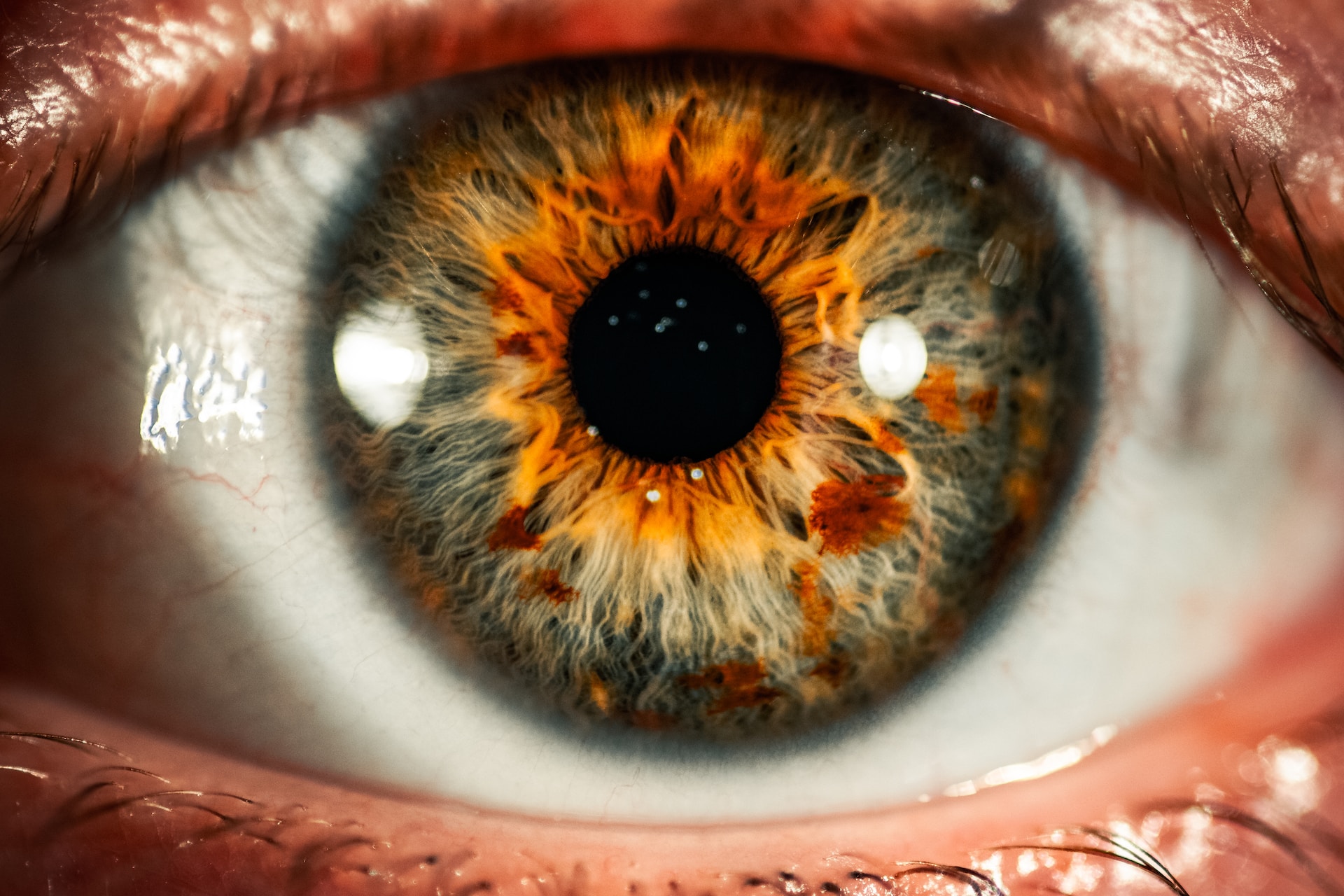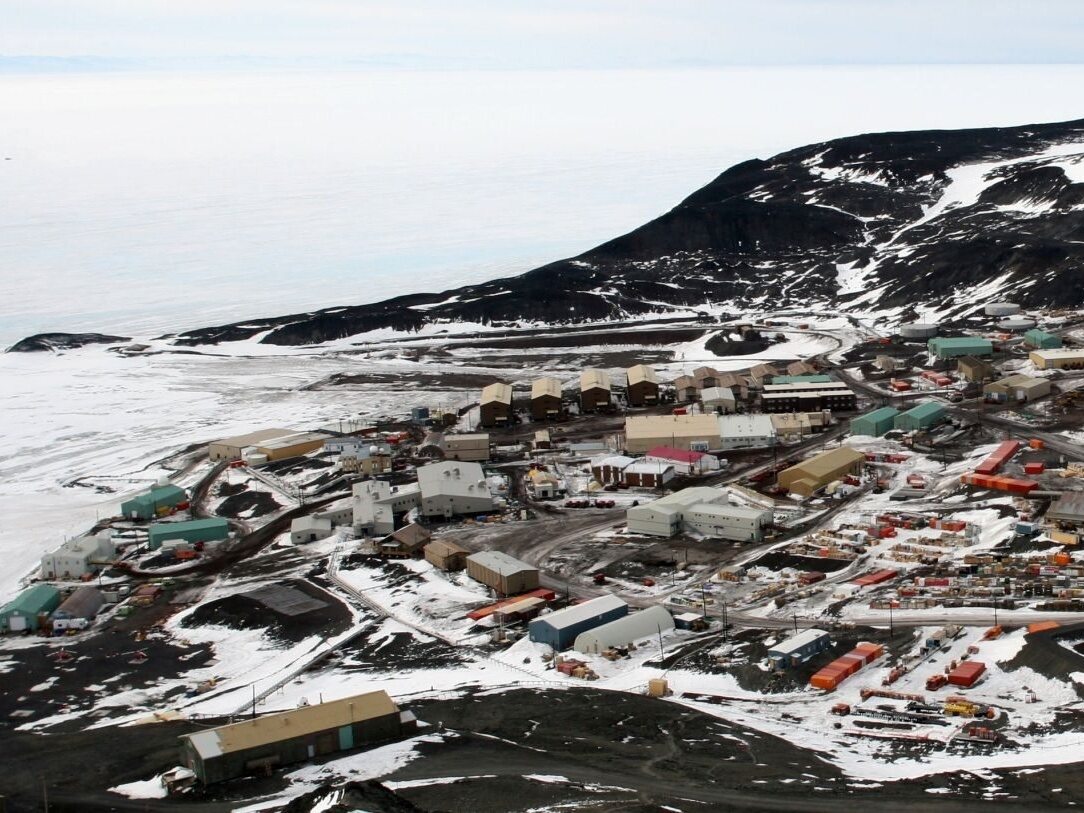Diverting pollution and waste is not an idea that can be put aside. Scientists from the Advanced Materials and Processes Research Institute in Madhya Pradesh, India, argue in their article in Chemical Engineering JournalThat we can produce energy from soot and wastewater.
Read also: The Czechs are doing their best to get cheap energy for the winter. On the one hand, they are ahead of Poland
When thinking about soot, researchers primarily consider automobile exhaust gases, which are largely composed of carbon nanoparticles. Their concentrically arranged ring-shaped internal structure is ideal for constructing fuel cell electrodes from these impurities.
Scientists in India produce energy from soot and sewage. The fuel cell has a unique structure
A cathode and anode made of soot alone can’t do much, but when we introduce heteroatoms (i.e. an atom that’s not carbon or hydrogen) into them, we get efficient mesoporous fractal electrodes – say the study’s authors. The heteroatoms doped at the cathode and anode were mainly composed of nitrogen, sulfur, and oxygen. Thanks to them, charcoal has enhanced its catalytic activity and its ability to reduce oxygen.
Read also: Gold to save the world. This is how you can produce clean energy

The fuel for microbiological cells can be, for example, wastewater, where we will find specific types of bacteria responsible for the production of the biological layer on the anode (biofilm). The researchers distinguished five types of bacteria, with a particular type favoring rapid electron transfer – Pseudomonas aeruginosaAs demonstrated by cytochrome oxidase testing.
From an environmental point of view, the whole system turns out to be ideal – we build cells from nanoparticles found in automobile exhaust gases, purify wastewater, produce energy, and use microorganisms that accelerate reactions on electrodes. Scientists have proven that their microbial fuel cells reduce COD (chemical oxygen demand – an indicator that quantifies water and wastewater pollution) by 70%. Within a week.
Read also: The legendary heir to batteries is coming. Not only will it save energy, it will do something else
If scientists can convince the world to solve these problems, we may witness a major revolution in the energy industry. These cells will benefit not only humanity, but above all nature, which we will at least partially “clean” from the waste produced by our civilization.

Echo Richards embodies a personality that is a delightful contradiction: a humble musicaholic who never brags about her expansive knowledge of both classic and contemporary tunes. Infuriatingly modest, one would never know from a mere conversation how deeply entrenched she is in the world of music. This passion seamlessly translates into her problem-solving skills, with Echo often drawing inspiration from melodies and rhythms. A voracious reader, she dives deep into literature, using stories to influence her own hardcore writing. Her spirited advocacy for alcohol isn’t about mere indulgence, but about celebrating life’s poignant moments.


![Will this be a Netflix hit? 1670 – The Polish Comedy was filmed in Kolposowa. There is a release date [ZWIASTUN] – Kolbosova Will this be a Netflix hit? 1670 – The Polish Comedy was filmed in Kolposowa. There is a release date [ZWIASTUN] – Kolbosova](https://storage.googleapis.com/bieszczady/korsokolbuszowskie/articles/image/5b114927-24f5-4370-8409-39ba42be531c)






